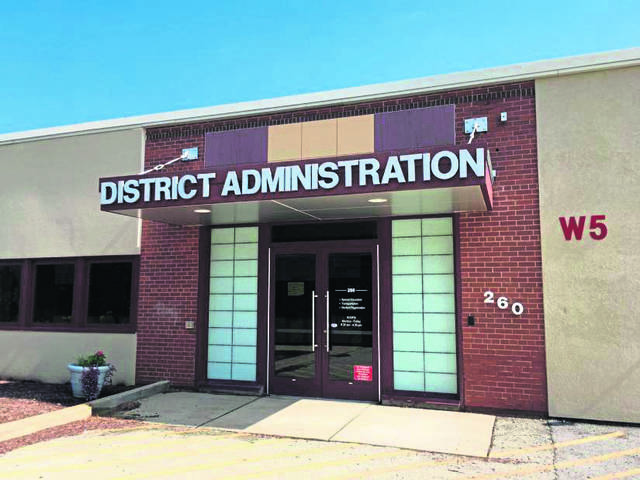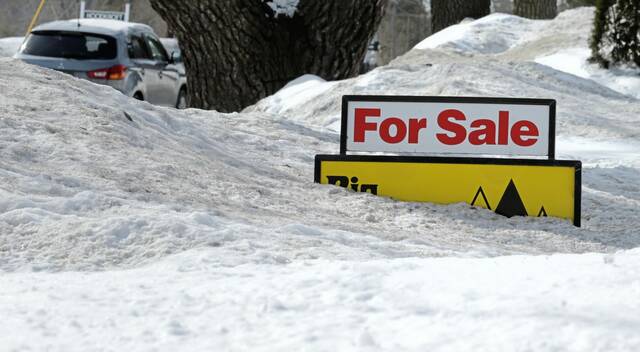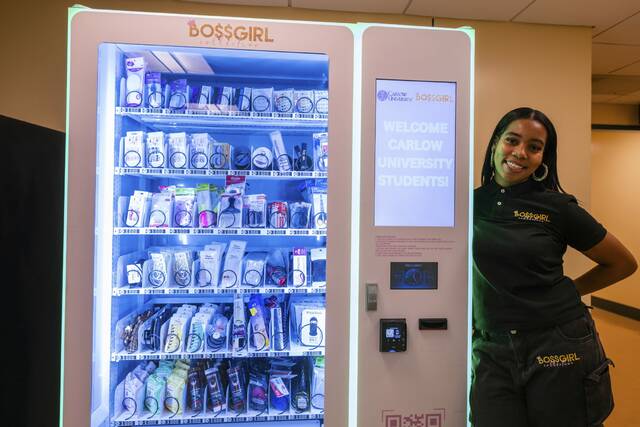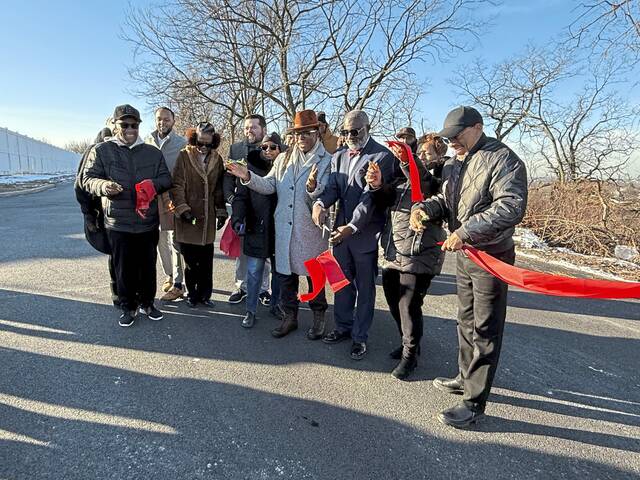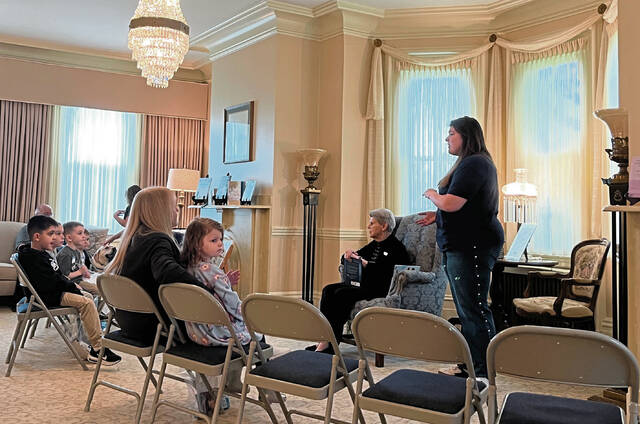Penn Hills School District property owners should expect to pay more in real estate taxes next school year.
However, how much more has yet to be determined as school directors mull a couple of budget possibilities.
The one mostly likely to be approved for advertisement at this month’s board meeting, based on the May 12 finance committee discussion, includes a 1.35% hike of 0.4 mills.
It would equate to a property owner with a $50,000 home having $20 added to the $1,504 tax bill, according a presentation by district business manager Eileen Navish.
Owners of a $75,000 assessed property would pay $30 more to the $2,257 real estate taxes and taxes on a $100,000 home would add $40 to its $3,009 tax bill.
The current real estate tax rate is 29.6965 mills, the highest of school districts in Allegheny County.
“I’m going with the lowest amount we can possibly go with, and I don’t want to go for that,” board president Erin Vecchio said. She also noted the district has an estimated $5 million reserve fund to possibly pull from to help balance the budget.
The other possibility presented at the finance committee meeting included a 2.53% hike of 0.75 mills.
That would equate to a $50,000 property having a $37.50 tax bill increase, a $56.25 increase in taxes on a $75,000 property and a $75 tax bill hike for those owning a $100,000 home.
Navish said even with the 0.75-mill tax hike, the district would need to use about $1.6 million in Elementary and Secondary School Emergency Relief Funds to balance the budget, and more likely would be needed if the tax hike was any lower.
The district has an estimated $17 million in federal assistance to spend within about three school years. At least 20% of that has to be used to help students’ learning loss caused by the pandemic.
Those efforts may include a summer school program with credit recovery and academic improvement possibilities.
Board member Rob Marra said the district may pull from an estimated $665,000 originally budgeted for boiler repairs to close any budget gap from a decreased tax hike since that project is expected to be paid for by ESSER funds.
“When you have the highest tax rate in Allegheny County, it is a detriment to bringing in people,” board member Rob Marra said. “Raising taxes a large amount becomes even more of a detriment. We have to look at reducing some of the expenditures, but it’s not a whole lot (with a small tax hike). I think there’s plenty of room to make some additional cuts, or delay some expenditures to the following year.”
The board asked Navish to come up with a budget with a 1.48% hike, or 0.5 mills.
That increase may result in property owners with a $50,000 home paying $25 more per year. Those with a $75,000 property would pay $37.50 more and those with $100,000 properties may pay $50 more in real estate taxes.
Both the 0.4-mill and the 0.5-mill spending plans will be presented at the May 26 board meeting. The board plans to select one of the two for advertisement. A final budget must be adopted by the end of June.
Both tax hikes are below the 0.75-mill hike in the second amendment to the district’s recovery plan.
Chief recovery officer Dan Matsook drafted the second amendment after the board failed to follow the initial recovery plan and its first amendment.
“I’m being as reasonable as I can,” said Matsook about the recovery plan. “It’s the recurring revenue that’s the flaw in the system. It’s not the $5 million surplus. It’s not the ESSERs. It’s the underlying stream of money that comes in that helps you sustain what you do. You need revenue in taxes or you need the state to give you more subsidies or you need charter school laws to change. I can’t put that in my plan.
“My job says I have to give a viable plan, and I think they understood that, even though they don’t like it.”
Whichever plan the board chooses, the tax hike will be far less than the near 8% hike in the preliminary budget approved in February.
Marra said savings because of the pandemic, such as a reduction in transportation and utility costs, as well as watchful spending, were among the factors that led to the proposed tax hike reduction.
The savings were outlined in an audit report released in March.


